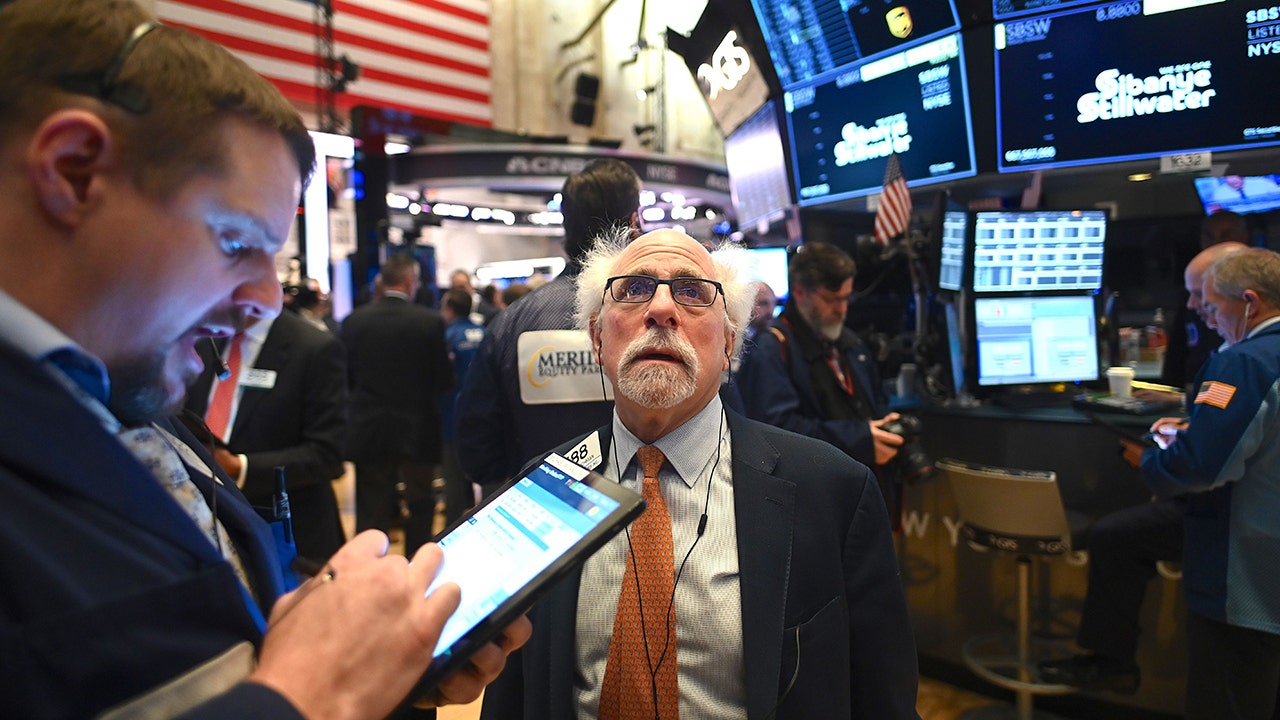The recent turmoil in the global markets has left investors on edge, with stocks plunging and recession fears looming. Amidst this uncertainty, hedge fund manager Jonathan Hoenig of Capitalist Pig advises investors to focus on what’s working now in the markets, and surprisingly, it’s not Big Tech.
On Monday, the Dow Jones Industrial Average tumbled 1,033.99 points, or 2.6%, while the Nasdaq Composite and S&P 500 fell 3.43% and 3%, respectively. This marked the worst day for the Dow and S&P 500 since September 2022, reflecting the growing concerns about the state of the economy.
A weak jobs report and shrinking manufacturing activity in the U.S., coupled with dismal forecasts from big technology firms, have contributed to the recent market downturn. The Nasdaq 100 and Nasdaq Composite have been pushed into a correction, reflecting the broader economic challenges facing the country.
Greg McBride, chief financial analyst at Bankrate, highlighted the various economic concerns that have contributed to the sudden volatility in the markets. From disappointing earnings reports to weak corporate outlooks, global unrest, and currency fluctuations, there are multiple factors at play that are driving the market turmoil.
The weak jobs data released recently has triggered what is known as the “Sahm Rule,” a historically accurate recession indicator named after former Federal Reserve economist Claudia Sahm. This rule predicts a recession when the three-month moving average of the jobless rate is at least a half-percentage point higher than the 12-month low. With the current unemployment rate averaging 4.13%, 0.63 percentage points higher than the previous year, the rule suggests that the economy may be entering a recession.
In response to the economic challenges, big Wall Street brokerages have revised their Fed rate projections for 2024 to show greater policy easing by the central bank. This indicates a shift towards more accommodative monetary policy to support the economy during this uncertain time.
The global market turmoil has not been limited to the U.S., with Japanese stocks also experiencing a significant decline. The Nikkei 225 index closed lower by more than 12%, marking its worst day since 1987. Additionally, cryptocurrencies have also taken a hit, with bitcoin falling 17.5% and ethereum sliding 23% on Monday morning.
In conclusion, the current market conditions are challenging for investors, with recession fears and economic uncertainties driving volatility. Jonathan Hoenig’s advice to focus on what’s working now in the markets is a timely reminder for investors to stay vigilant and adapt to the changing landscape. As the situation continues to evolve, it’s essential for investors to stay informed and make well-informed decisions to navigate these turbulent times.


